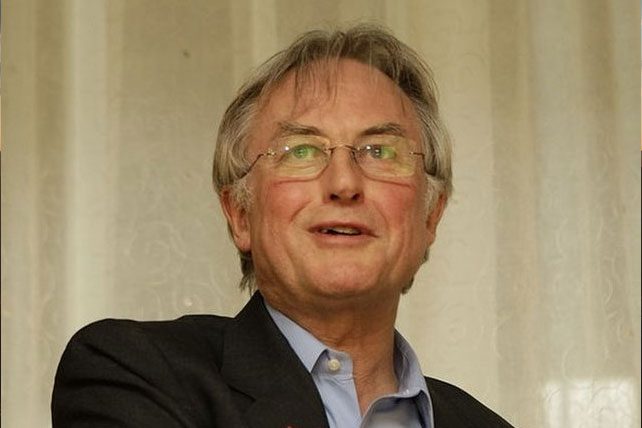In an earlier blog, I noted with surprise the growing number of people who grieved the loss of what Christianity has historically brought to bear on culture who, themselves, are not Christians.
For example, in an interview with LBC in London, famed atheist Richard Dawkins admitted that he mourned the loss of much of what reflects the Christian faith in the world. After this came another lament, written by the self-described agnostic Derek Thompson for The Atlantic:
As an agnostic, I have spent most of my life thinking about the decline of faith in America in mostly positive terms. Organized religion seemed, to me, beset by scandal and entangled in noxious politics. So, I thought, what is there really to mourn? Only in the past few years have I come around to a different view. Maybe religion, for all of its faults, works a bit like a retaining wall to hold back the destabilizing pressure of American hyper-individualism, which threatens to swell and spill over in its absence.
From such sentiments has come the rise of cultural Christianity. Dawkins now says that he would consider himself a “cultural” Christian:
I do think we are culturally a Christian country. I call myself a cultural Christian. I’m not a believer, but there is a distinction between being a believing Christian and a cultural Christian…I love hymns and Christmas carols and I sort of feel at home in the Christian ethos, and I feel that we are a Christian country in that sense…[I] would not be happy if, for example, we lost all our cathedrals and our beautiful parish churches.
The nature of cultural Christianity is not hard to grasp. Consider that in the U.K. only 1% attend a Church of England service, yet 46.2% describe themselves as Christian. The divide is no doubt fueled by individuals such as the author Philip Pullman who is a self-professed “Church of England atheist.” Against the frightening tide of the rise of Islam, many see something like atheism alone as being too weak to combat such threats. Hirsi Ali writes that a desire to “uphold the legacy of the Judeo-Christian tradition” could serve as a “unifying story.” Or as Dawkins put it, if he had to choose between Christianity and Islam, he would choose Christianity every single time: “It seems to me to be a fundamentally decent religion, in a way that I think Islam is not.”
But Dawkins offers an impressively honest assessment of his own embrace of cultural Christianity, noting that unless someone actually believed in the metaphysical claims of Christianity, they could not really consider themselves a Christian. He’s quite right. As C.S. Lewis wrote in “Mere Christianity”:
You must make your choice. Either this man was, and is, the Son of God: or else a madman or something worse. You can shut Him up for a fool, you can spit at Him and kill Him as a demon; or you can fall at His feet and call Him Lord and God. But let us not come with any patronising nonsense about His being a great human teacher. He has not left that open to us. He did not intend to.
But Dawkins’ embrace of cultural Christianity may point the way toward a new approach to apologetics. Namely, intentionally trying to lead people across a very strategic bridge: from the cultural beliefs rooted in the Christian faith that are appreciated,
… to faith itself.
This article originally appeared here and is used by permission.

